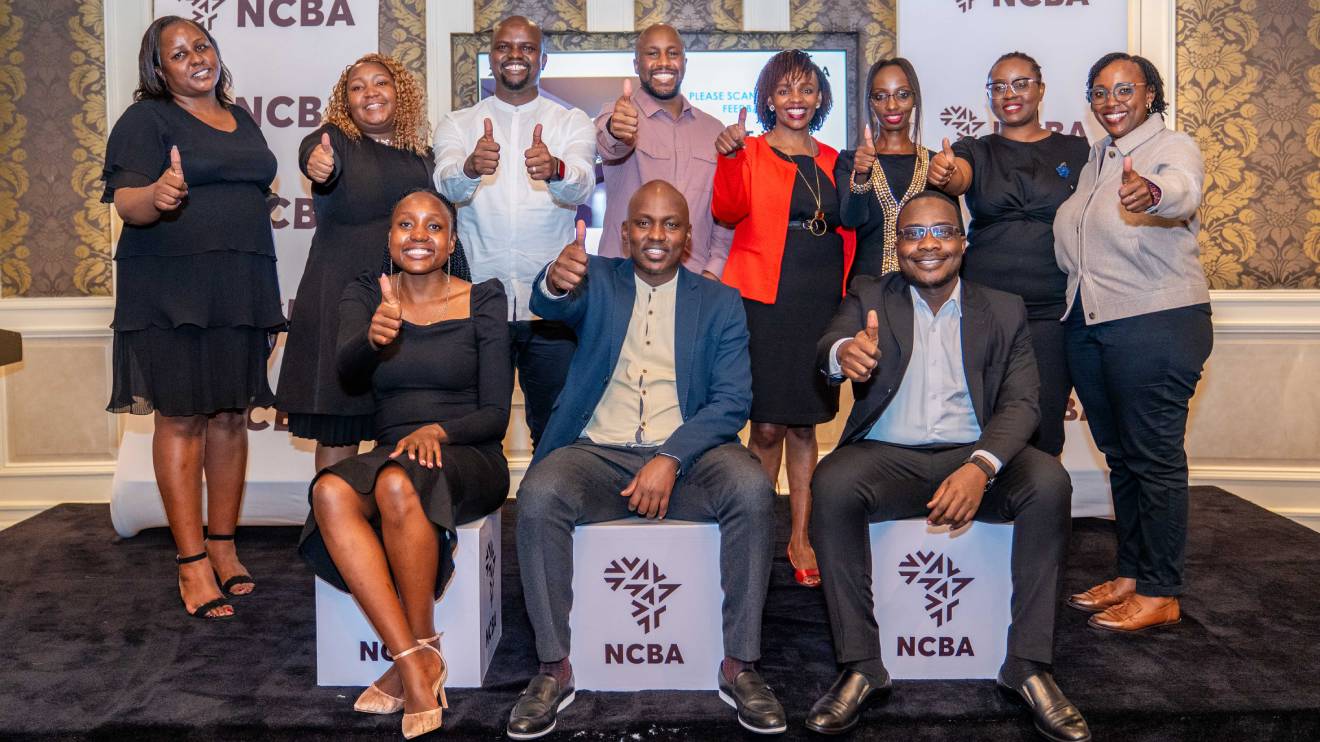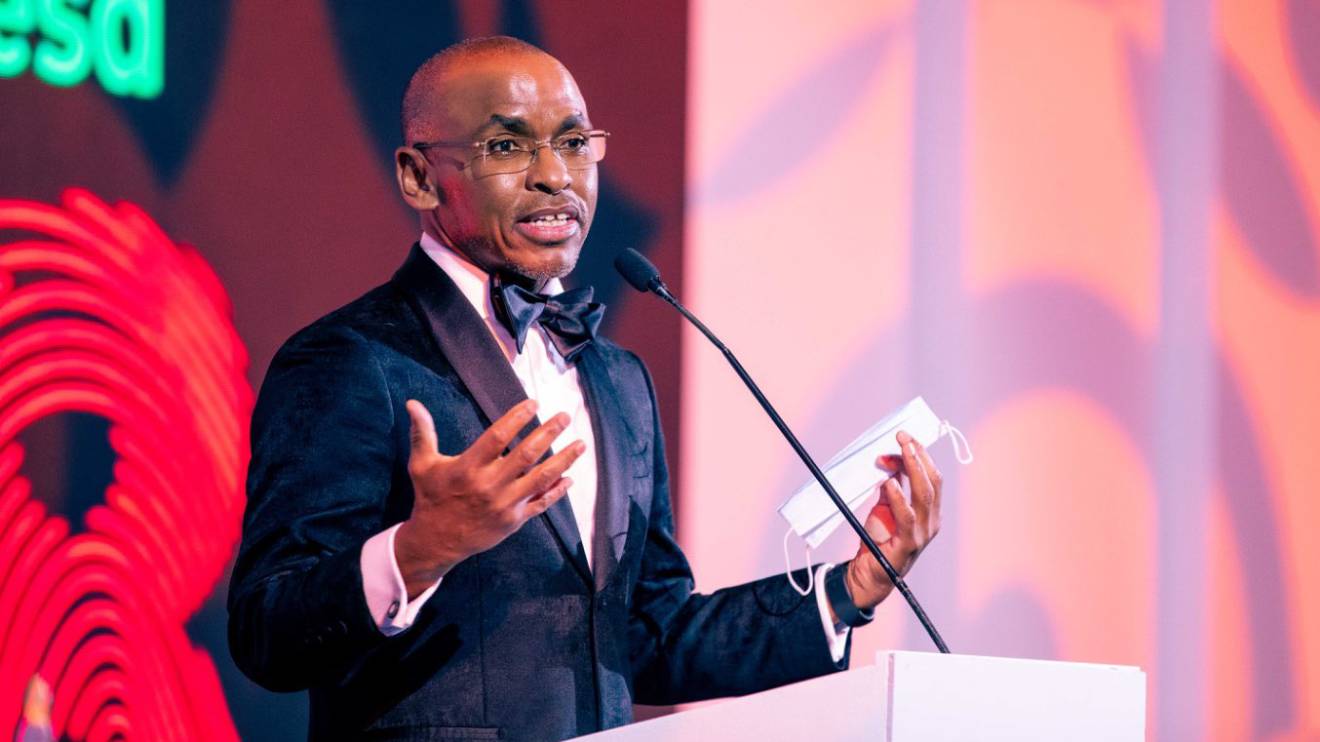The High Court in Nairobi has issued orders barring the government from interfering with internet access until a case filed by seven organisations locally is heard and determined.
Justice Bahati Mwamuye issued the orders against the Communications Authority of Kenya (CA), The Attorney General, The Cabinet Secretary of Information, Communications and the Digital Economy, Safaricom and Airtel Kenya.
The seven organizations that have sued the government agencies are International Commission of Jurists, Kenya Section (ICJ - Kenya), Bloggers Association of Kenya (BAKE), Paradigm Initiative (PIN), Kenya Union of Journalists (KUJ), Katiba Institute, Law Society of Kenya (LSK) and Collaboration on International ICT Policy for East and Southern Africa (CIPESA).
This order issued by the High Court is meant to protect Kenyans from arbitrary shutdowns and restrictions on internet access until the case filed by the seven is heard and determined.
This suit comes following revelations that Kenya government deliberately throttled and blocked social media platforms during the anti-Finance Bill demos in 2024 and KCSE exams.
Read More
The evidence of the internet disruptions by Kenya government, used as basis for the case, was provided by Cloudflare, IODA and Open Observatory of Network Interference (OONI).
In their suit, the organisations argue that the internet restrictions on three occasions violate Kenyans’ constitutional rights to freedom of expression (Article 33), media freedom (Article 34), access to information (Article 35), and the full realization of economic and social rights in an increasingly digital society.
“As organisations committed to defending civic freedoms, we condemn the escalating use of digital repression to silence dissent, manipulate information flows, and erode democratic participation,” said ICJ Kenya Executive Director Eric Mukoya.
He added: “Kenya’s obligations under the African Charter on Human and Peoples’ Rights and the International Covenant on Civil and Political Rights further reinforce the imperative to protect digital rights.”
Through this case, the organizations seek a judicial declaration that internet shutdowns minus due process are unconstitutional, abuse of state power, together with court-ordered devices to ensure judicial oversight, transparency and accountability in digital governance.
“The outcome of this case will have far-reaching implications for millions of Kenyans who rely on unimpeded connectivity for livelihoods, education, and civic engagement,” said BAKE Chairperson Kennedy Kachwanya.
He added: “We call upon civil society, media partners, and the international community to amplify this crucial fight for digital rights as a cornerstone of Kenya’s democratic future.”

 (2)-1747307118.jpg)
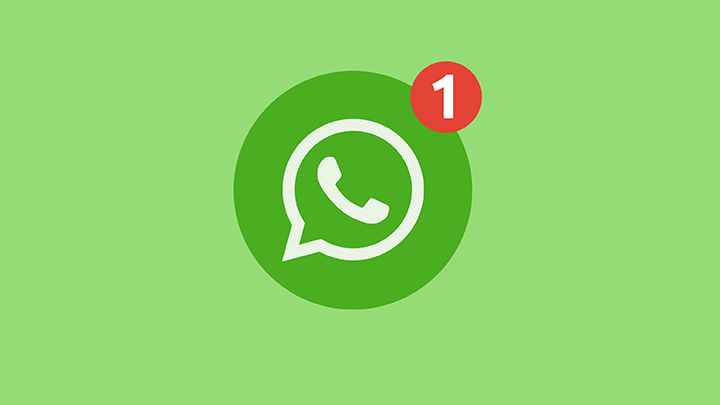
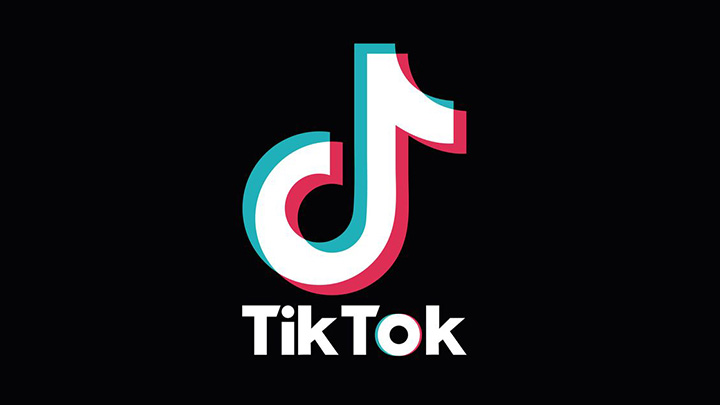

-1753785125.jpeg)
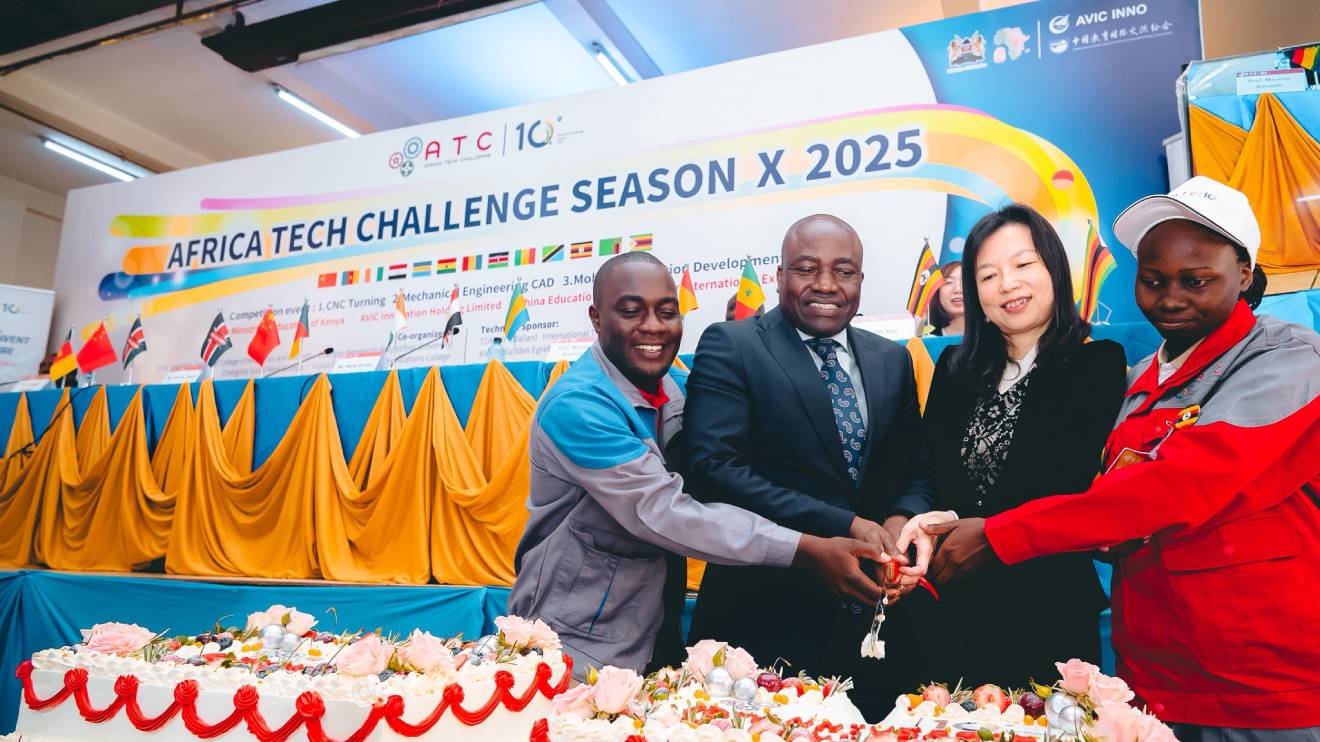

 (1)-1755468548.jpg)

